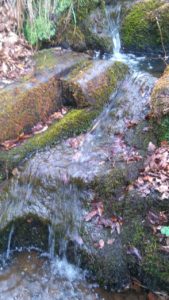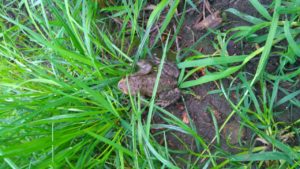As mentioned at the beginning of chapter 2 of Luke’s gospel, and performed last night in Huddersfield
They blame me, I know they do. The Jews, the Romans, the Christians, my ex- wife: they all blame me. Yet I was no better or worse than the entire imperial family and the legions of Roman administrators who bigged them up. I’d had my moments, strutted my stuff if you like, got a tribute for my military efforts, kept the Pax Romana as best I could. And then it was Syria, keeping the borders, being a diplomat. Me, a diplomat? Orders from Rome to count them, take a census, find out how many there were. Easier said than done. Chaos of course. And in the middle of it one insignificant Jewish couple, her pregnant, him too old for her by far, getting caught up on the route between Galillee and Bethlehem, and I’m done for. My reputation shot to pieces. I was Governor of Syria and it was all down to me. No word about the rest of them, the petty functionaries in every town, taking bribes, cutting corners. The endless Queues, the inadequate planning, the overbooked accommodation and the inevitable communal violence in hot spots like Bethlehem, it was my fault. Ah, Bethlehem, it’s got a lot to answer for. Never been there myself. Avoid all that if I can. Quiet retirement in Rome. A good supply of wine and enough slaves to keep me comfortable.
After all that other trouble in Bethlehem anyone with any sense would give it a wide birth. What happened to them? Heaven knows. She had the baby I think. But born in obscurity, died in obscurity most likely I reckon. Won’t be hearing from them again. But me, different matter, one little census and they never leave you alone. Governor of Syria, well you do better then.
And finally, two thousand years later…..
We pray for Syria,
Squeezed land, fought over, burnt and damaged.
Cities destroyed, people scattered.
We pray for the people of Syria,
And particularly for the children,
Those still there and those who moved,
Voluntarily or under duress, refugees,
Stranded, identity gone, no security,
What future?
We pray for Syria,
Not the first place in the news,
Not the place nearest to our hearts,
Not glamorous or celebrated,
We pray for the people of Syria of all ages
Looking for hope,
Looking for an end to suffering,
Looking for peace.
In our coming and our going, the peace of God.


